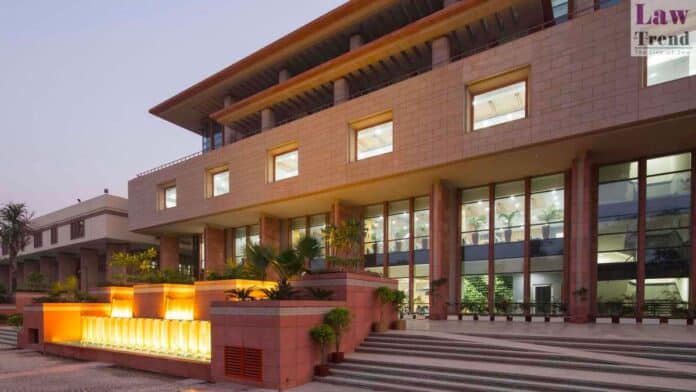The Delhi High Court has expressed strong disapproval of the state’s repeated delays in filing appeals, stating that procedural lapses cannot be excused by citing administrative hurdles. Justice Swarana Kanta Sharma, in an order dated July 4, warned that such systemic delays risk undermining the administration of criminal justice and disproportionately affect vulnerable victims.
The observation came while the court was considering the state’s plea for condonation of a 325-day delay in filing a revision petition against a trial court order that had discharged an accused in a case involving culpable homicide not amounting to murder and charges under the SC/ST Act.
The prosecution attributed the delay to administrative formalities and the movement of the file between departments. Arguing that the delay was not deliberate, the state urged the court to condone it in the interest of justice. While the court eventually condoned the delay, it issued a strong caution to the state, terming the recurring lapses “a matter of serious concern.”
“Such delays jeopardise victims’ right to a fair and complete adjudication of allegations, eroding their faith in the system meant to protect them,” the court noted, adding that victims from marginalised or economically weaker backgrounds often depend on the state for legal remedies.
Justice Sharma said that though courts may adopt a liberal stance in condoning delays, this “cannot become a shield for systemic apathy or bureaucratic inefficiency.”
To prevent future lapses, the court directed that a copy of the order be sent to the Director of Prosecution of the Delhi government. The director has been instructed to examine the reasons behind such delays and implement remedial measures.
Further, the court ordered the state to formulate a comprehensive policy ensuring timely legal action, with accountability mechanisms for investigating officers, prosecutors, and administrative departments. This policy must be submitted to the court within one month of receiving the order.




